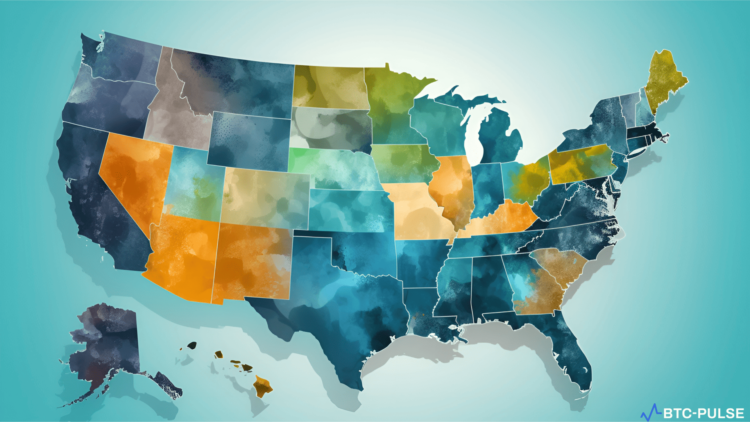U.S. Treasury’s Stance on Crypto Mixers
The U.S. Department of the Treasury has historically eyed cryptocurrency mixing services, or CVCs (Convertible Virtual Currency Mixing Services), with skepticism. These services, although utilized by privacy-oriented individuals, have a notable user base among cybercriminals. The notorious Tornado Cash is a case in point, with its founders currently embroiled in a significant legal battle.
Escalating Concerns Lead to Proposed Regulation
The Financial Crimes Enforcement Network (FinCEN), a bureau of the U.S. Treasury, is now leveling up the scrutiny by targeting crypto mixers as a whole. A Notice of Proposed Rule Making (NPRM) from FinCEN suggests that CVCs be classified as a class of transactions of primary money laundering concern, a notion fortified by previous incidents like the Bitzlato exchange takedown and the Axie Infinity Heist.
A Groundbreaking Use of the Patriot Act
FinCEN’s director, Andrea Gacki, emphasized that this proposed rule is a pioneering utilization of the Section 311 Authority against an entire class of transactions. Traditionally, Section 311 had only been deployed against specific entities like banks, companies, or nations. This section of the Patriot Act empowers the U.S. Treasury to revoke banking privileges from any deemed a “primary money laundering concern,” thus severing them from the global banking network.
Gacki elucidated that crypto mixers provide a vital conduit for malefactors in the ransomware domain, rogue state actors, and other criminals to fund their illicit ventures while masking the trails of their nefarious earnings. This initiative by the U.S. Treasury is poised to significantly impact the cryptocurrency domain by potentially stifling a key privacy-centric feature, albeit one that’s unfortunately also a harbor for illicit financial activities.










